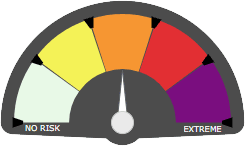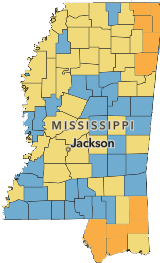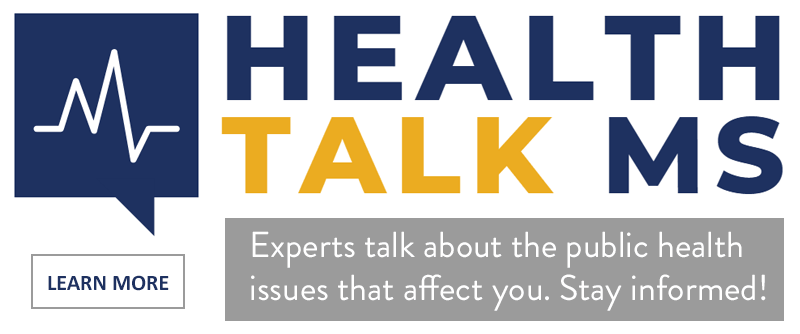
Exposure to ultraviolet (UV) light from the sun is the most serious environmental risk factor for skin and lip cancer. Even a few serious sunburns can double your lifetime risk of cancer.
ON THIS PAGE
Find Your Local Heat Risk
Enter your zip code to determine today's health-related heat risk where you live. (CDC)
Heat Wave Map
Local risk for extended periods of extreme heat. (FEMA)
Why It Matters
- Serious sunburns, especially during childhood and adolescence, can double the chance of developing malignant melanoma, one of the most deadly forms of skin cancer.
- Skin cancer cases have been rising among younger adults in recent years.
- Unprotected skin can be harmed by UV rays in as little as 15 minutes, yet it can take up to 12 hours for skin to show the full effects of sun exposure.
Sun Safety
Adults of all ages – and especially children – should take steps against sun exposure from April through September:
- Use sunscreen rated SPF-15 or higher with both UVA and UVB protection. Remember that last year's sunscreen may not still be effective — check the expiration date on the packaging.
- Apply sunscreen half an hour before you go outside for full effectiveness. More sunscreen tips
- Seek shade, especially during midday when the sun's rays are strongest and do the most damage. Avoid direct exposure between 10 a.m. and 4 p.m., and seek shade under an umbrella or tree.
- Cover up with clothing to protect exposed skin. Loose-fitting long-sleeved shirts and long pants made from tightly woven fabric offer the best protection. Light clothing is not a substitute for sunscreen: a T-shirt only has an SPF of about 4.
- Get a hat with a wide brim to shade the face, head, ears, and neck. UV rays can reach anyone on cloudy and hazy days as well as bright and sunny days
- Wear sunglasses that wrap around and block as close to 100 percent of both UVA and UVB rays as possible. Sunglasses protect both the eyes and tender skin around the eyes from sun exposure.
Heat Hazards
Summer also brings prolonged high temperatures that can cause illness and even death. The elderly, children, and people with certain medical conditions such as heart disease are at greatest risk. Even young and healthy individuals can succumb to heat if they participate in strenuous physical activities during hot weather.
- Drink plenty of fluids, especially water.
- Avoid alcohol and caffeinated drinks.
- Relax and avoid strenuous activity, especially after noon, when the heat is highest.
Heat Exhaustion and Heat Stroke
Recognizing and responding quickly to these risks is essential.



